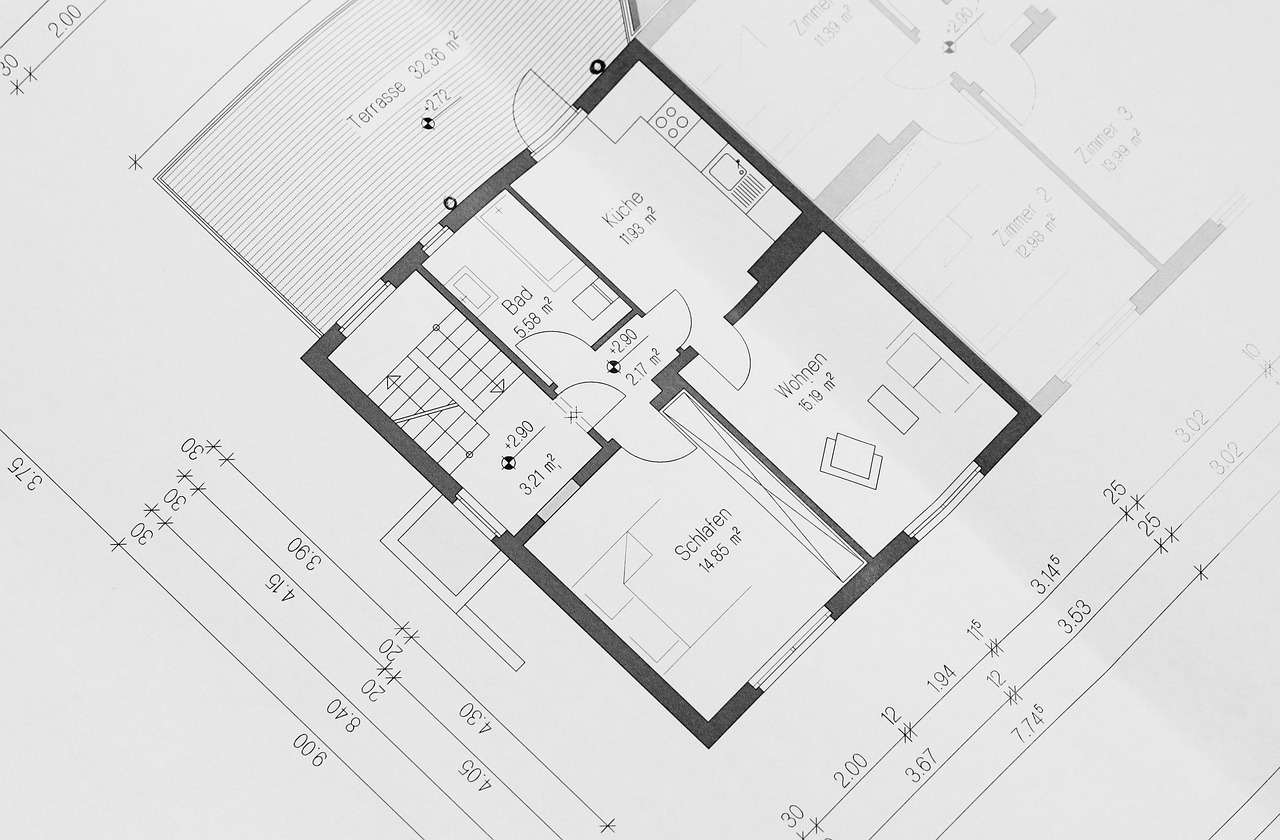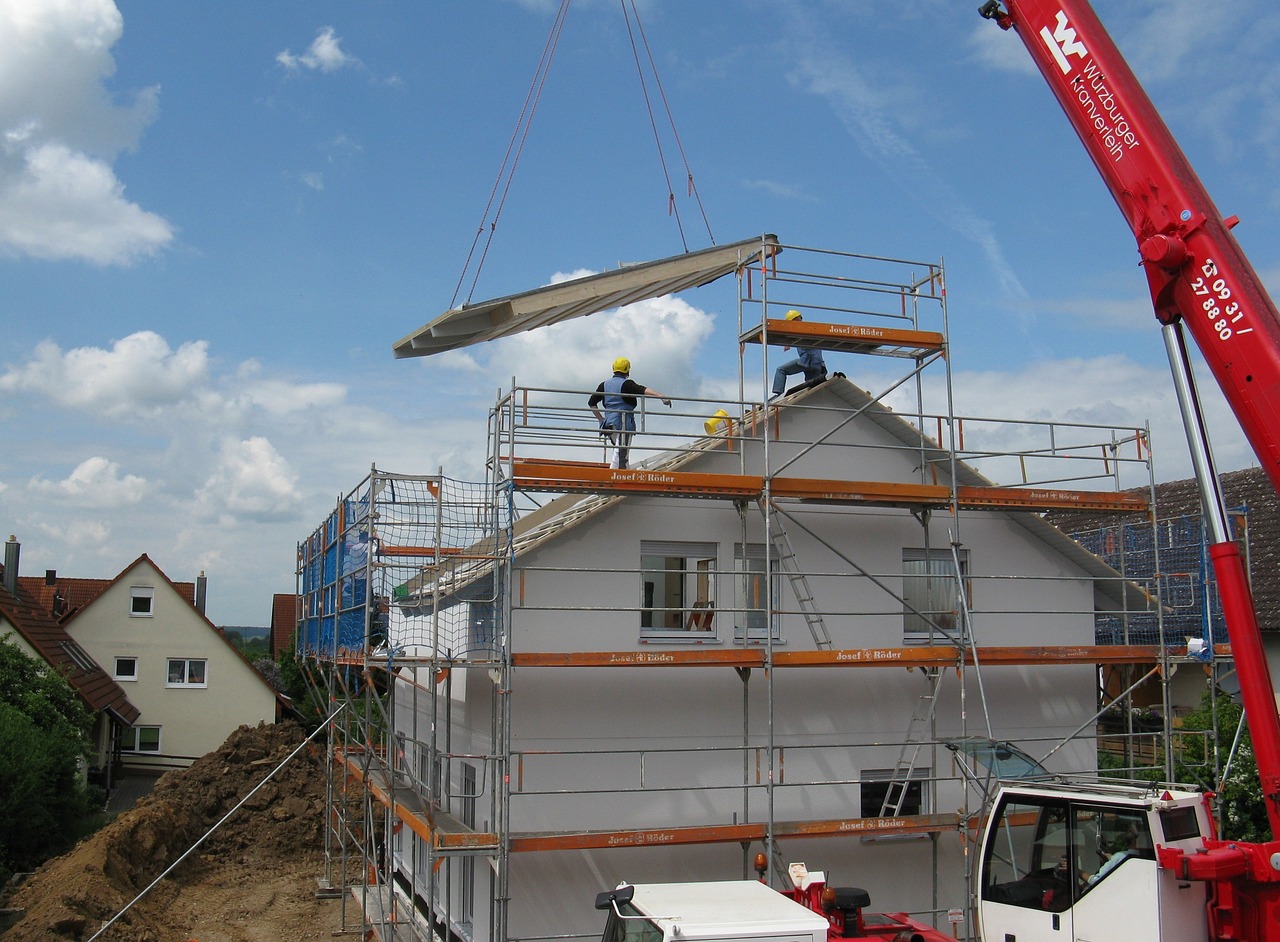Advantages:
1. Durability: Bricks are highly durable and can last for many years. They are resistant to weather and fire, and do not decay or rust.
2. Low maintenance: Brick buildings require little maintenance and can withstand harsh weather conditions without losing their shape or color.
3. Versatility: Bricks come in a wide range of sizes, shapes, and colors, making them suitable for a variety of building designs.
4. Energy-efficient: Bricks have excellent thermal mass properties, which help regulate indoor temperatures by absorbing and releasing heat.
5. Sustainable: Bricks are made from natural materials such as clay and are environmentally friendly compared to other construction materials.
Disadvantages:
1. Cost: Building with bricks can be expensive due to the cost of materials and the labor-intensive installation process.
2. Weight: Bricks are heavy, which can make shipping and handling difficult. As a result, they may not be suitable for certain building designs or locations.
3. Time-consuming: The installation process for bricks is time-consuming and requires skilled labor. This can make building with bricks more time-consuming and less efficient than other construction methods.
4. Limited design options: While bricks come in a variety of shapes and colors, they may not offer as much design flexibility as other construction materials.
5. Environmental impact: Brick manufacturing can have negative environmental impacts, such as greenhouse gas emissions and waste production.

